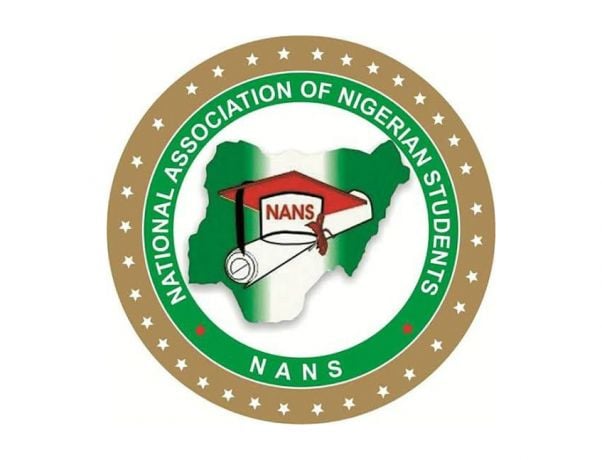The National Association of Nigerian Students on Monday commended the Federal Government for launching the N50m Student Venture Capital Grant, describing it as a bold step towards repositioning Nigeria’s educational system for innovation, entrepreneurship, and global competitiveness.
The Federal Government opened the application portal for the S-VCG on Monday morning, offering equity-free grants of up to N50m to support student-led innovations.
The announcement came in a statement from the Federal Ministry of Education, signed by Director of Press and Public Relations, Folasade Boriowo.
At the launch, the Minister of Education Tunji Alausa, highlighted the initiative’s role in the government’s innovation drive.
He said, “The President has challenged us to look for the next Moonshot within our tertiary institutions. We are not just looking for projects; we are scouting for future Nigerian Unicorns whose roots will be planted right here in our universities and colleges. This is an equity-free seed investment in Nigeria’s future.”
The grant targets students developing innovations in Science, Technology, Engineering, Mathematics, and Medical Sciences.
Applicants will benefit from automated evaluations powered by Google’s Gemini AI and receive a free one-year Gemini Pro licence along with premium learning resources.
The portal for applications is now open at svcg.education.gov.ng, and students in accredited tertiary institutions are encouraged to apply.
Proposals should demonstrate scalability, market relevance, and the potential to solve critical national or global challenges.
Speaking to our correspondent, NANS Assistant General Secretary, Olajuwon Emmanuel, described the initiative as timely and visionary.
He said it addresses a major gap in Nigeria’s tertiary education: the lack of structured funding and support for student innovation.
“By providing up to N50m in equity-free capital, along with mentorship, incubation, and digital tools, the Federal Government has shown a clear commitment to empowering young Nigerians to build solutions, launch startups, and compete globally,” he said.
Adejuwon emphasised that education today extends beyond degrees to skills, creativity, and problem-solving.
He added, “Initiatives like the S-VCG bridge the gap between classroom learning and real-world innovation, giving students the opportunity to transform ideas into scalable ventures. This support nurtures future inventors, researchers, job creators, and industry leaders. It also has the potential to reduce graduate unemployment, strengthen institutional innovation culture, and stimulate economic growth through youth-driven enterprises.”
He urged the government to sustain and expand the programme, extending it beyond STEMM disciplines to include students with innovative ideas across all fields.
“This will deepen inclusivity, broaden participation, and ensure the initiative reaches the full spectrum of Nigeria’s creative and entrepreneurial potential,” he added.
The S-VCG aims to transform student-driven ideas into commercially viable, high-impact ventures, aligning with the Renewed Hope Agenda’s focus on youth empowerment and economic diversification.
Successful applicants will receive comprehensive support, including incubation, mentorship, and access to essential tools to develop and scale their startups, fostering a culture of innovation, entrepreneurship, and job creation among Nigerian youth.
